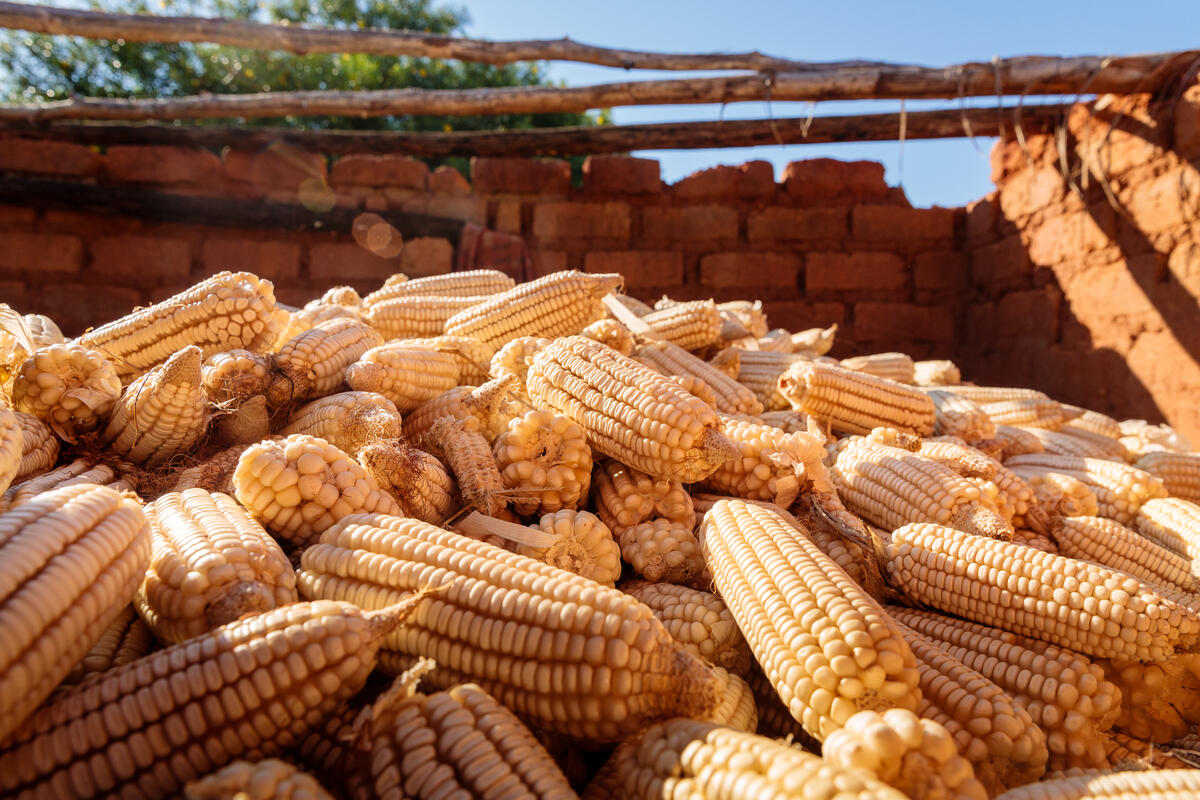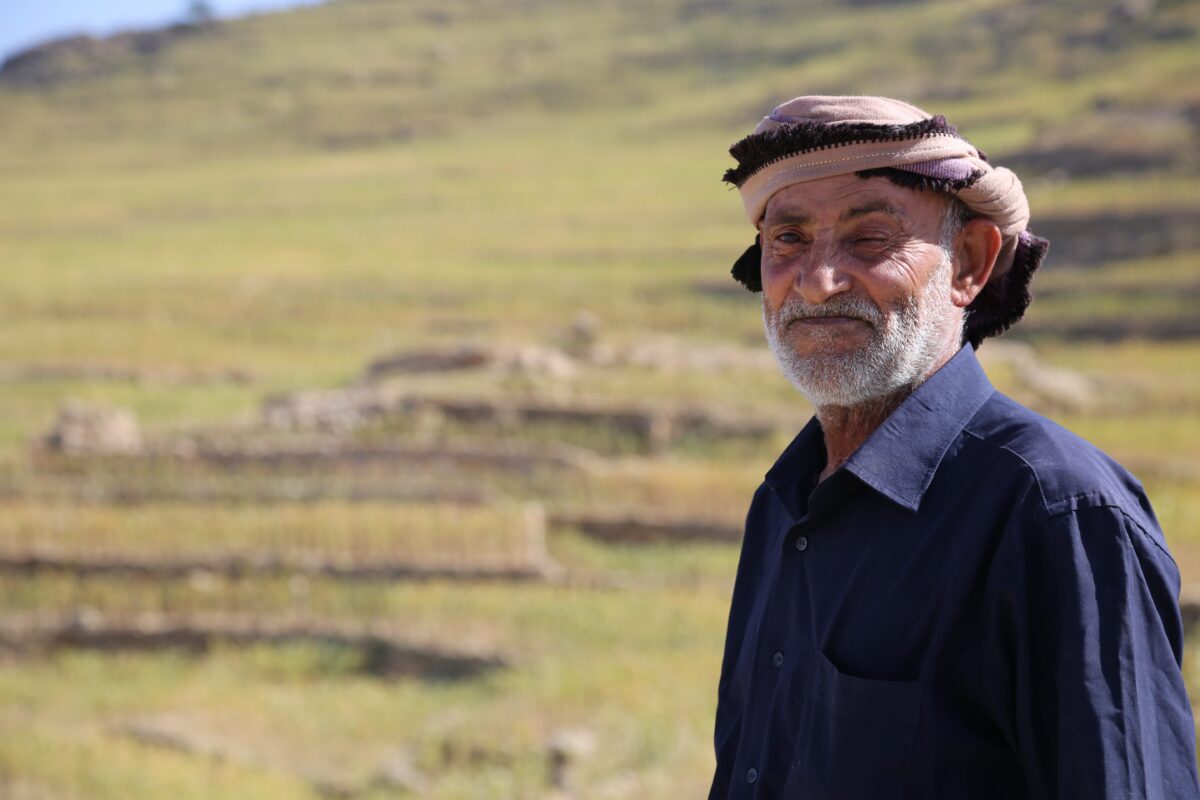Innovation Bootcamp: Humanitarian Pioneers Strive to Create Resilient, Safe and Inclusive Food Systems

This fall, the United Nations World Food Programme (WFP) Innovation Accelerator hosted its 38th Innovation Bootcamp to build bold ideas for making food systems more resilient, safe, nutritious and inclusive for all.
Food systems – the journey our food takes from farm to plate – are fragile and can collapse under shocks like COVID-19, which doubled the number of hungry people worldwide. To build on the lessons learned in 2020, participating teams in the Innovation Bootcamp were asked to deliver daring solutions to global hunger and find new ways to strengthen our food systems.
Read on to see a few of the projects from the 38th Innovation Bootcamp and follow @WFPInnovation for updates and to learn more.
The Future of Hope Foundation
Based in Zimbabwe, the Future of Hope Foundation collaborates with marginalized, vulnerable communities to provide training on sustainable food production. One of their primary projects is a mushroom-based integrated food production system: by cultivating mushrooms from agricultural waste, communities can boost their food security and nutrition intake. Mushrooms are a good source of antioxidants and are easy to grow – along with seeds, all that is needed is agricultural waste which is always available in the form of wheat straw or corn cobs.

The Future of Hope Foundation is an organization headquartered in Zimbabwe and founded in 2013.
On the eastern outskirts of Zimbabwe’s capital, Harare, a group of female farmers were able to set up mushroom backyard gardens thanks to U.N. World Food Programme cash transfers and training from the Future of Hope Foundation. Caroline Changaruka, a widow and mother of 7, received instruction at a local training center.
“Before this mushroom farming I used to work in manual labor in nearby farms and it was taking a toll on me. Life was difficult, there is no employment here,” she says. “We used to skip meals, some of my kids had to drop out of school so that the younger ones can get the same chance.”
“The training has been a lesson of life, a skill that I will always have forever. This has been both a food and income provider for my family.”
Zambia Food Dryers
In rural Zambian communities, small-scale farmers’ post-harvest losses mean smaller food supplies and reduced access to nutritious foods. A team in the U.N. World Food Programme’s Zambia country office is working to introduce solar food dryers as a way for farmers to preserve fruits and vegetables longer and lengthen the shelf life of their food supplies.

Zambia’s 1.5 million small-scale farmers produce 90 percent of the domestic supply of food.
Clean Cooking Haiti
In Haiti, many schools are using firewood or charcoal for cooking which releases toxic smoke, may cause burn injuries and damages the environment. A team from the U.N. World Food Programme Haiti country office wants to tackle these challenges by introducing heat retention bags and clean cooking training to low-income local communities.
After food has been heated to cooking temperature, it is placed into an insulated bag where it continues to cook until it is done. Made of upcycled waste, these heat retention bags reduce the use of traditional cooking fuels like firewood and create healthier working conditions for those in the kitchen.
Seawater Greenhouse
For the 70 percent of Yemen’s population who live in rural areas and are highly dependent on small-scale agriculture, recent decreases in annual rainfall have threatened crop growth and caused water sources to become scarce.

Agriculture is a major sector of the national economy of Yemen.
To counteract these dry spells, a team from the U.N. World Food Programme Yemen country office is building a “seawater greenhouse” to help Yemenis find fresh water for drinking and for irrigating their corps.
The project aims to remove the salt from seawater and use the walls of a greenhouse to maintain cool temperature inside. Through these mechanisms, plants could grow with ten times less the amount of water and thrive despite lack of rainfall.
In 2020, innovations supported by the U.N. World Food Programme helped more than 3.7 million people in 46 countries. Through collaboration and these bold, sustainable initiatives, we can reach Zero Hunger.
This story originally appeared on August 25, 2021 on Medium and was written by Linda Nyemba.




